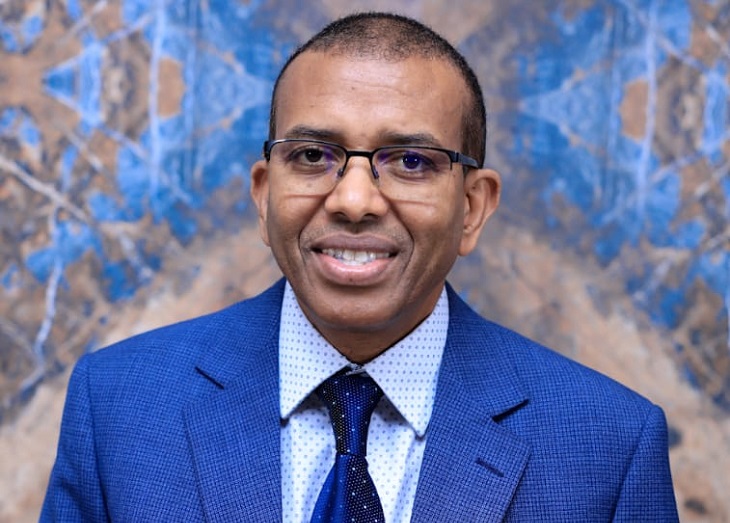The promise of greener pastures abroad has led many Kenyans to consider relocating overseas for work and studies. The most popular destination is the US, which is the leading source of remittances to Kenya.
According to CBK data, Kenyans living in the US sent a total of $2.33 billion back home in 2022, representing more than half of the total $4.02 billion of diaspora remittances in 2022.
Countries in Europe and the Middle East are also popular destinations, with the UK, Germany, Saudi Arabia, and Qatar being key sources of remittances to Kenya.
The money that Kenyans living abroad send back home has grown significantly in recent years and in 2022 surpassed earnings from key exports such as tourism and tea. This highlights the significant improvement in the economic fortunes of Kenyans in the diaspora.
The experience of handling more money can be exciting for migrants who secure promising economic opportunities such as better-paying jobs and new business opportunities in their host countries.
However, having more money to spend on oneself and loved ones comes with added responsibility. Increased income often results in new obligations such as taxes, insurance, investments, and remittances to family and friends back home. That’s why having a financial plan is important. Here are some important tips to get you started on developing a financial plan when living abroad.
Seek professional help on your taxes
Filing annual tax returns is arguably one of the most significant events in the economic calendar of countries like the US and the UK. This means that being knowledgeable about the tax code and what your obligations are is vitally important.
You want to avoid run-ins with the tax agencies as this can affect your future prospects in the host country. You also want to maximize tax strategies that can get you the most benefit.
Seeking professional help from a licensed accountant or tax expert may sound like an extra cost but it is worth it in the long run as you want a clean record.
Focus on building your credit score
Credit cards and loans are a normal part of life in many countries. Being able to access capital at competitive rates can help you accelerate your plans. It can also cushion you in case of an emergency. However, it is important to beware of the pitfalls that come with ill-managed debt. This can include having a negative credit score, repossession of assets, fines, and other penalties.
You need to build your creditworthiness by ensuring you regularly service your existing loans as per the terms and live within your means. Loans can work wonders if used wisely, but they can also be the source of financial troubles if mismanaged.
Think about insurance and retirement
Another important topic you need to explore is insurance and retirement planning. The purpose of insurance is not to make you richer but to protect yourself and the ones you love from an unforeseen situation that puts your income at risk.
Planning for retirement can create anxiety since it involves saving and investing. This means you need to have a budget. You also need to consider how you will manage your savings and investments. Today, there are several licensed online investing platforms that allow migrants to open investment accounts and invest as self-directed investors. It is, however, advisable to first seek the advice of a licensed financial advisor before taking this important step with your future.
Be smart about remittances
When choosing how to send money home, be sure to pick a remittance service you can trust and that has affordable fees. A few extra cents to transact each time can add up to huge costs over time. Check for remittance platform ratings on neutral customer review sites like Trustpilot.
Make sure that the service you use supports sending money to Kenya. WorldRemit, for example, lists the countries you can send money from and to. Senders can transfer money online or via the app to receivers in over 130 countries, including Kenya, with fast and secure transactions.
Data from Zepz, the holding company for digital remittance service providers WorldRemit and Sendwave, shows that its users globally sent almost $2 billion to Kenya through its channels in 2022, with Kenya emerging as a leading recipient compared to other key markets. Zepz users have sent over $500 million to Zimbabwe, $300 million to Cameroon, and more than $190 million to South Africa during the period.
If you are thinking of relocating abroad, or have already done so, these tips can help you build a solid financial plan to get the most out of your hard-earned money.
By Ivan Kanyali, Regional Manager, East Africa, WorldRemit













